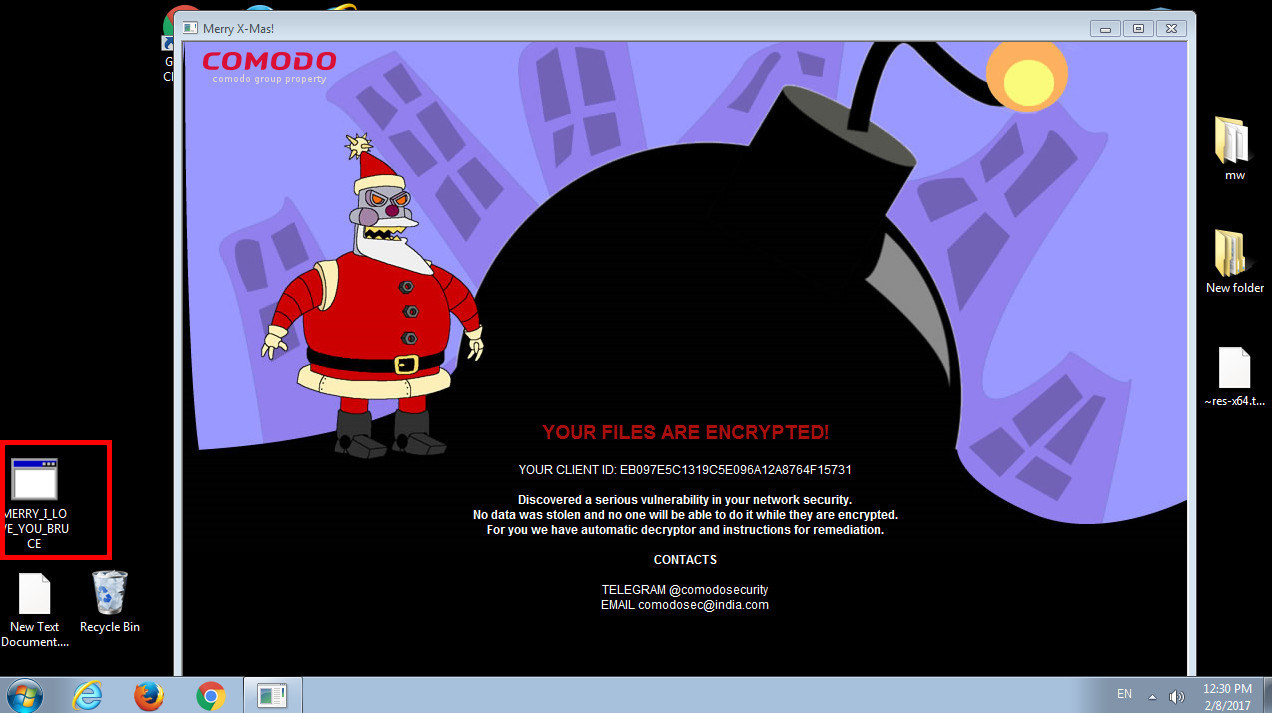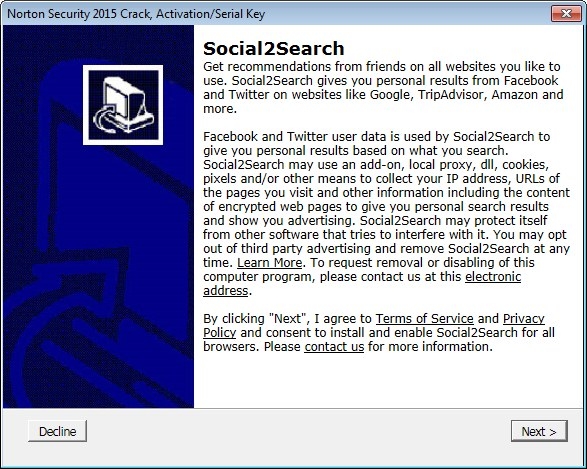What is computer virus
Computer viruses are one of the most massive and indestructible threats that affect computer users around the world, via Internet. People often refer to computer viruses, and constantly accuse them of almost every computer malfunction. The computer is running too slowly, quickly overheats, turns off - it's a virus. Licensed programs become unstable and stop working with a critical error – It’s a virus to blame. All the problems with browsers, or connection to the Internet, of course, also are caused by viruses. It seems that viruses live literally on every computer in the world, but is it really so? To begin with it should be understood that when an inexperienced user says "virus", he talks about all unwanted programs in general. In fact, viruses are just a small portion of unwanted software, and many users can never face the virus for decades of computer usage. So, what is a virus? According to the generally accepted definition, a computer virus is a malicious program that can make copies of itself, embed in the code of other programs and distribute itself via various communication channels. In this article we will not touch on the most complex viruses that were created specifically for a single attack, so to speak, for hunting "big game." On the contrary, we consider those viruses that are most often found on the Internet and infection that can threaten anyone.
Virus example

What's the purpose of computer viruses?
The viruses often are designed to obtain personal information of the user, gaining control over his computer, for espionage or extortion. Spyware, collecting personal information, usually do not harm the system, and is virtually undetectable without the aid of anti-virus software. The same can be said about the viruses that take the user's computer under their control. This is done to create large networks, so-called botnets. Botnets are formed from computers of unsuspecting users, and are used for different types of advertising fraud, DDoS attacks, spam, crypto-currency mining and other purposes. The last type of viruses, viruses-extortionists, are one of the most serious threats recently. Viruses extortionists (ransomware) operate on the principle of the weakest link: they are looking for unsuspecting user that would let them in. Fraudsters send out hundreds of thousands of e-mails disguised as a working correspondence, various notifications, invoices and so on. Virus installer is attached to each and every one of these letters. Often it looks like Excel spreadsheet, or PDF document, in order to lull the attention of users. One of the most prominent representatives of the family of ransomware in recent times is a Merry X-Mas virus, which began its work in late 2016 and continued it until now, even though Christmas has long gone.
Merry X-Mas ransomware

Do hackers really develop viruses for fun?
Each user should understand that viruses have their purpose. The viruses do not penetrate the user's computers “for lulz” and if you discover a virus, you should first think about what it could do on the computer. Some users firmly believe that hackers create unwanted software in order to annoy them. These hackers - they are like the Grinch that stole Christmas: they’re evil and bad, and they want to be no fun on the Internet. I cannot say is this position correct or not, but I have the numbers. In recent years there was only one virus, the function of which has not been recognized. Of course, I'm not talking about all viruses, created in the world, but only of those who brought people a lot of hassle and attracted some attention. This virus is called Cancer, and there is just one word that can describe the things that it does on infected computers. If the things that happen on your PC are similar to things that happen on Cancer infected PC - you can be sure that your virus really was created for fun. In all other cases – it wasn’t. 99.9% of the viruses are created in order to make a profit, or to perform a specific task. If you will scan the system to detect the virus, and if it is not false positive, then you should check the logon statistics on all your accounts, including bank and mail, as well as, if possible, change the passwords.
Adware and browser hijackers - surely the unwanted programs but definitely not viruses
The last thing we will discuss are programs that occupy the largest share in the total number of unwanted software: advertising programs such as adware and browser hijackers. These types of programs are not actually viruses, because they do not harm the system and the computer itself. They also do not steal the files, do not change, delete or encrypt them. Their main purpose is to show ads to users and gain profit from pay-per-click system. These programs are dangerous only for those users who have minimal experience in usage of PC and Internet, or for those who do not really care about what is going on with their computers. Adware is not dangerous for those who do not use Internet, but if you will click on each banner that adware shows - your system will be heavily clogged with other adware and viruses in few days. The typical example of such program is Social2Search that functions for more than two years and is still one of the most effective advertising tools. All advertising programs are being distributed via bundled installation method.
Adware example

What all these viruses have in common?
All described types of viruses have one thing in common, and it's the method they penetrate user's computers. They all need your permission to get installed and start working. If somebody says that he doesn’t know how the virus or adware got onto his PC - he just does not remember how he installed it. If you suffer from different types of viruses and want to get rid of them once and for all - there is one simple advice for you: keep your eyes open. It's much easier to trick somebody on the Internet than in real world, so if you think that a website or a program looks suspicious - it actually is suspicious and dangerous. Do not visit suspicious websites, decline suspicious offers, do not use strange programs and buy a decent anti-viral tool (or download the reputable free one). If you will do this, your PC will be perfectly clean and fast for years.

